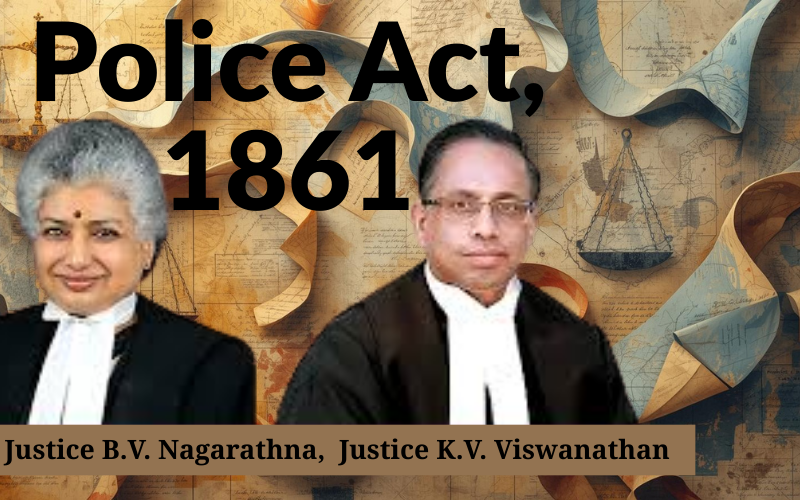Peaceful Rally And Dharna Without Obstruction, Annoyance Or Danger To Public - No Offence Under Section 290, 341 or and 171F IPC
Supreme Court Quashes FIR - Affirming the Right to Peaceful Assembly and Expression
In a pivotal judgment, the Supreme Court of India reinforced the fundamental rights enshrined in the Indian Constitution by quashing criminal proceedings against Manchu Mohan Babu and his associates. The appellants were embroiled in legal proceedings following their participation in a peaceful rally and dharna, which allegedly violated sections of the Indian Penal Code (IPC) and the Police Act, 1861.
Background of the Case
The case originated from a rally conducted on March 22, 2019, by Manchu Mohan Babu, the Chairman of Sri Vidyaniketan Educational Institutions, and others. The rally was organized to protest against the Andhra Pradesh government's failure to reimburse student fees. It coincided with the enforcement of the Model Code of Conduct due to upcoming general elections, leading to allegations of obstructing traffic and causing public nuisance.
Legal Proceedings and Arguments
An FIR was registered against the appellants under Sections 290 (public nuisance), 341 (wrongful restraint), and 171F (undue influence at elections) of the IPC, along with Section 34 of the Police Act, 1861. The appellants sought to quash these proceedings, arguing that their actions were a legitimate exercise of their rights to freedom of speech and peaceful assembly under Article 19 of the Indian Constitution.
The Andhra Pradesh High Court initially dismissed their petition, prompting an appeal to the Supreme Court. The appellants contended that the rally was peaceful, did not obstruct the public, and that the charges were an abuse of the legal process aimed at suppressing their constitutional rights.
Supreme Court's Judgment
The Supreme Court, presided over by Justices B.V. Nagarathna and K.V. Viswanathan, critically examined the allegations and the evidence presented. The Court noted that the essential ingredients of the alleged offences were not met. The judgment emphasized that the rally and dharna were conducted peacefully, without causing public obstruction or nuisance.
The Court referred to previous landmark judgments, including the State of Haryana v. Bhajan Lal and Pepsi Foods Ltd. v. Special Judicial Magistrate, underscoring the principles for exercising the power to quash criminal proceedings under Section 482 of the Criminal Procedure Code. The judgment reiterated that legal action must not be used to stifle fundamental rights or for oblique purposes.
Implications of the Judgment
This judgment is a significant affirmation of the right to peaceful assembly and freedom of speech, as guaranteed under Article 19 of the Constitution. It underscores the judiciary's role in safeguarding these rights against misuse of legal provisions and ensures that citizens can express dissent without the fear of unwarranted prosecution.
The decision serves as a precedent, reinforcing that the judiciary will not tolerate the misuse of legal processes to curb constitutional freedoms. It also clarifies the applicability of the Model Code of Conduct, asserting that it does not impose unreasonable restrictions on private citizens peacefully exercising their rights.
Conclusion
In conclusion, the Supreme Court's decision to quash the proceedings against Manchu Mohan Babu is a testament to the robust protection of constitutional rights in India. It highlights the judiciary's commitment to uphold the principles of justice and prevent the abuse of legal processes, ensuring that the essence of democracy is preserved.
Manchu Mohan Babu v. State of Andhra Pradesh, (SC) : Law Finder Doc Id # 2757550




